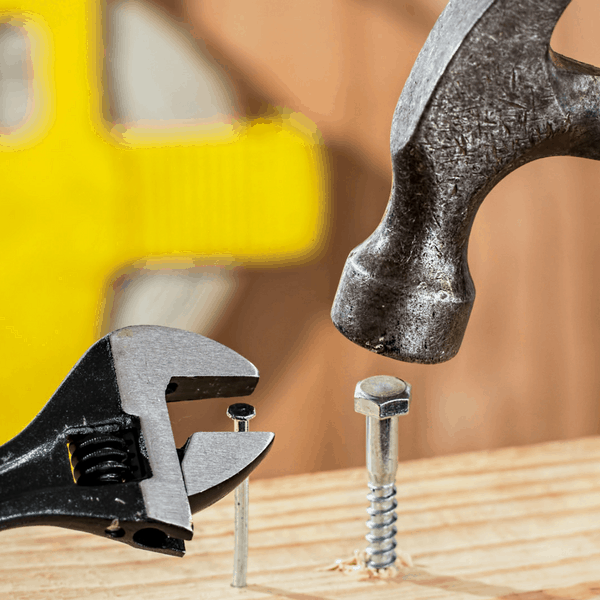One of the questions I get all the time is, “Who should I see for my neck/back pain?” For many people, this question is hard for them to navigate. This is why more times than not, they will first contact their primary care physician in hopes that he or she can either solve the problem themself or send them to the correct healthcare professional like a Chiro, a PT, a surgeon, etc. For 99% of people who have any kind of neck or back pain it is benign, meaning it isn’t dangerous or life threatening. As such, this article is for the vast majority of you out there.
A Chiropractor
A Chiropractor is going to “adjust” the spine or perform a high velocity, low amplitude thrust to either one or several segments or the entire spine. He is in effect working on a joint restriction. Now there is a whole lot more to this but for today’s sake we will keep the conversation here. The question is, “How do I know if I have a joint restriction?” This is a tough question to answer but many times, the answer is if you feel a pinching at a specific point in the neck or back when you move it WITHOUT tender ropy muscles surrounding that same area it is probably a joint restriction. Manipulation is great for this. While I am talking about chiropractors performing high velocity, low amplitude thrusts to the spine it is important to note that physical therapists can perform this same task in every state EXCEPT Washington and Arkansas.
A Physical Therapist
If you are having the same difficulty with turning your head or low back BUT you do feel tender/painful, ropy muscles around the source of pain or maybe even somewhere else that seems unrelated, you probably have a muscular restriction. In this circumstance, adjustment or manipulation may not be the answer to your problem. For this type of injury, which happens A LOT, soft tissue work is needed. Because physical therapists (PT) are muscle experts, this would be the best first choice for you when making a decision on who will best help you. PT’s will do a great job of diagnosing the structures responsible for causing your pain or dysfunction which in turn will allow them to treat the problem appropriately.
Take Action
One of the comments I hear frequently is, “I am going to wait to see if this goes away.” Procrastination is seldom, if ever, the answer to a problem. While some aches and pains do go away on their own, it can take weeks or months. More times than not, the optimistic, “it be better tomorrow,” mantra leads to chronic pain. This is not where you want to be. Spend the time now, so that you don’t have the pain later. I promise you it will be worth it.
Still Unsure
If you still have questions about who the right practitioner is for you, give us a call for a FREE telephone consultation or a FREE discovery visit so we can help you make the right decision. Our phone number is 479-402-9400.




